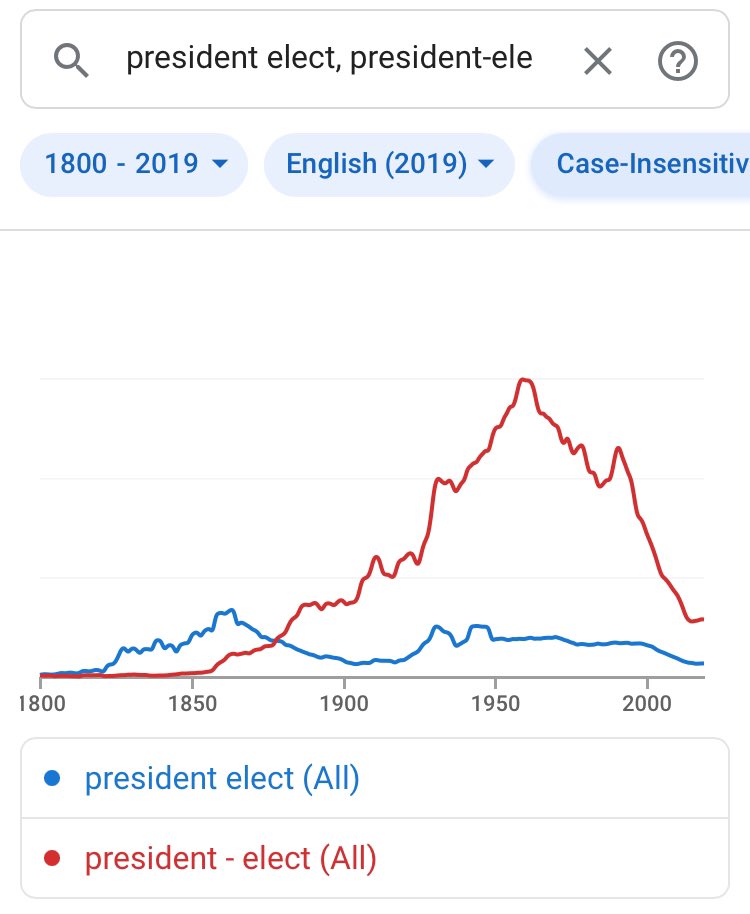
People keep finding new angles in these concession speeches.
Here's one: when George H. Bush concedes, his supporters clap. When John McCain concedes, his supporters boo.
Here's one: when George H. Bush concedes, his supporters clap. When John McCain concedes, his supporters boo.
I'm not going to pretend that once there was a great era of civility and we have sadly left it. Evoking the need for civility is always also a strategy of power.
But I did find this contrast striking.
But I did find this contrast striking.
I became interested in this small data point. How did other crowds react to concessions?
When did the booing start?
As far as I can tell there were often interjections by supporters in the room. Cries of "No" (Nixon and briefly Carter). But booing doesn't seem to have started until the 1980s. It happened at Mondale and Dukakis's concessions.
google.de/amp/s/www.thew…
As far as I can tell there were often interjections by supporters in the room. Cries of "No" (Nixon and briefly Carter). But booing doesn't seem to have started until the 1980s. It happened at Mondale and Dukakis's concessions.
google.de/amp/s/www.thew…
There was no booing when Al Gore conceded (though that case is different because removed in time from election night), none when John Kerry did. None when Hillary Clinton did.
There was booing at Dole's speech in 1996, McCain's in 2008, and—not much but a bit—Romney's in 2012.
I don't think this one little thing can necessarily tell us a lot, but it might point to perhaps especially contested campaigns, or a certain political mindset supporters in the immediate vicinity of the candidate had.
It is certainly striking that all Republicans' concessions since Dole were booed and none of the Democrats'.
I wonder if Democratic campaigns told people not to boo for fear it would make their candidate look like a sore loser?
(Perhaps file under asymmetric polarization?)
I wonder if Democratic campaigns told people not to boo for fear it would make their candidate look like a sore loser?
(Perhaps file under asymmetric polarization?)
Related: While candidates typically sent telegrams before Ford's concession, Ford and Carter both called their opponents and also sent telegrams. Since then it was only phone calls (at least as referenced in the speech).
Perhaps Gore's 2000 concession after that long divisive legal battle was specifically engineered to avoid the "sore loser" association and D's stuck with the playbook because they shared advisers?
Perhaps post the 1994 Republican Revolution Republicans had no such qualms. The tone of the campaign also seems to matter. Much more booing at McCain's concession than Romney's.
McCain despite his "maverick" status was a "Gingrich Senator" as Sean Theriault calls it. Romney much more in the patrician George H. Bush mold.
None of this alone likely has much explanatory power, but these are interesting things to think about further.
None of this alone likely has much explanatory power, but these are interesting things to think about further.
• • •
Missing some Tweet in this thread? You can try to
force a refresh



